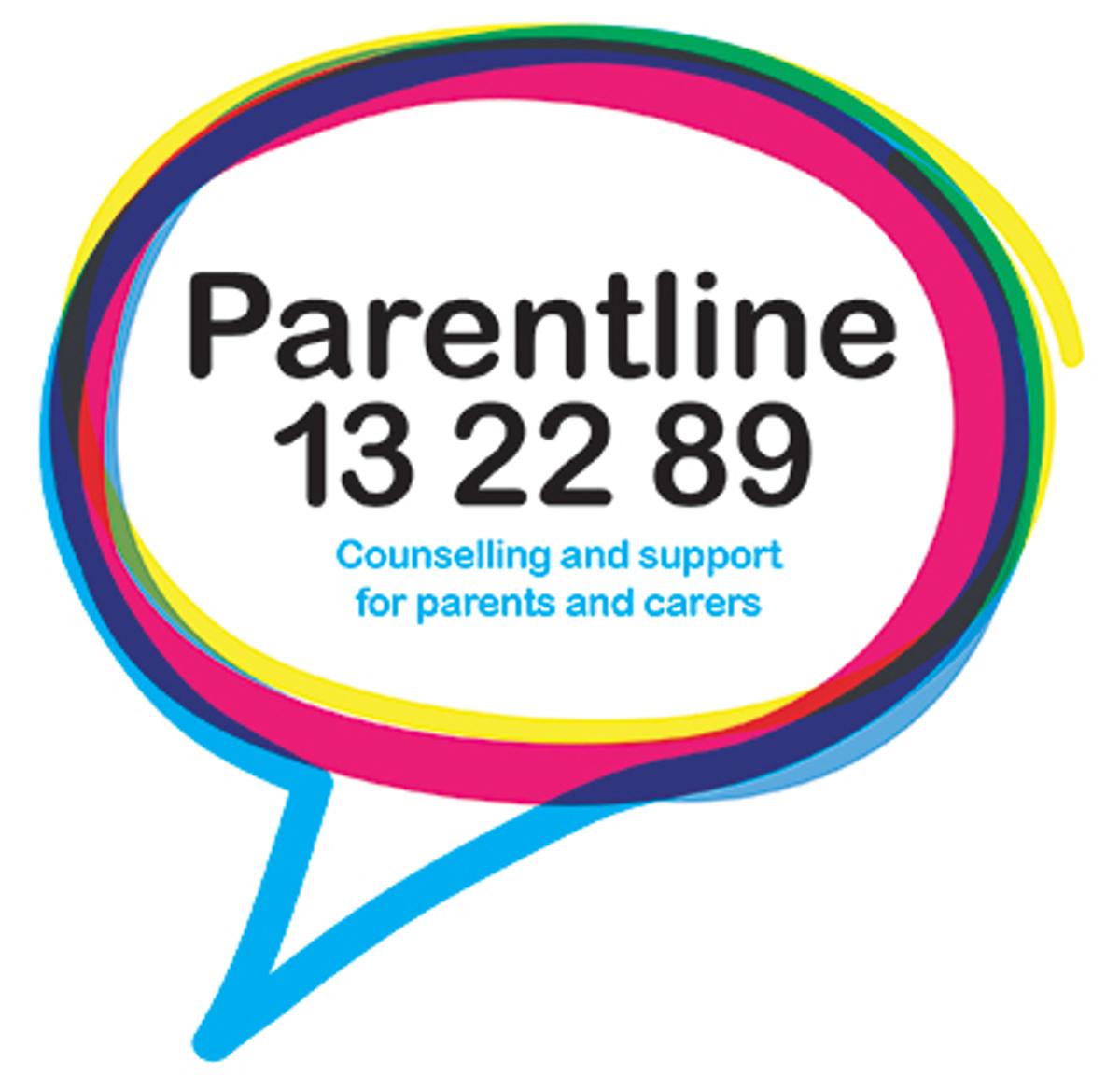Parent Wellbeing

Student Eyecare Program
The school is pleased to announce that the Student Eyecare Program will be running at the school in Term 2, 2024. An optometrist will be onsite during school hours to provide students with a free comprehensive eye examination that is covered through Medicare Australia.
1 in 6 students have eye conditions that go undetected. This is due to the high level of visual demand on their eyes from books, laptops, tablets and smartphones. Every student will receive a full report about their eye health and a prescription will be provided if glasses are required. The prescription can be taken to any optical store to get the glasses made. Don’t miss out on this wonderful opportunity. To sign up, follow THIS link to register online.
Helping Your Teen Ride Life's Rollercoaster with Resilience
Hey there, parents! Let's dive into a crucial topic: resilience. You know, that superpower that helps us bounce back when life throws us a curveball? Well, your teenager could use a hefty dose of resilience too. Here's why it's a game-changer and how you can help them build it:
Why Resilience Rocks for Teens
Think about it: teenagers juggle a ton of stuff, from school stress to social drama. It's like they're navigating a minefield every day. That's where resilience comes in. It's like a secret weapon for handling all the ups and downs of adolescence like a champ.
What Resilience Looks Like
Resilient teens? They're like cool cucumbers in the high school jungle. They're not invincible, but they've got some serious skills for rolling with the punches. Check it out:
- Emotional Mastery: They know when to vent and when to keep a lid on it.
- Impulse Control: They resist the urge to snap back when things get heated.
- Optimism: They've got an "everything's gonna be alright" attitude, even when the world feels like it's crumbling.
- Adaptive Thinking: They're like mental gymnasts, flipping their thoughts around to see the silver lining.
- Empathy: They've got hearts of gold, showing kindness to everyone they meet.
- Belief in Themselves: They know deep down that they've got what it takes to tackle whatever life throws their way.
- Seeking Help: And when they need a hand, they're not afraid to reach out and ask for it.
How to Boost Your Teen's Resilience
Now, here's the fun part – helping your teen become a resilience rockstar. It's all about teaching them some nifty tricks and giving them the confidence to handle whatever life throws their way.
Here are a few ideas to get you started:
Encourage Problem-Solving Skills:
Teaching your teen problem-solving skills is giving them a superpower for navigating life's challenges. Encourage them to approach problems with a positive mindset, seeing each obstacle as an opportunity to grow. Help them break down big problems into smaller, manageable steps, and brainstorm solutions together. Encourage them to think outside the box and consider different perspectives, praise their efforts and creativity, even if their solutions don't always work out. By empowering your teen to solve their own problems, you're helping them build confidence and resilience for the future.
Promote Healthy Habits:
A healthy body is the foundation for a healthy mind, it's important to encourage your teen to prioritize their physical health. Make sure they're eating right, getting regular exercise, and getting enough sleep each night. These habits improve their physical well-being and boost their mood and cognitive function, making them better equipped to handle stress and adversity. Encourage your teen to find physical activities they enjoy, like playing sports, going for a hike, or dancing around their bedroom. Lead by example – show your teen that taking care of yourself is important by prioritising your own health and well-being.
Foster Independence:
One of the best ways to build resilience in your teen is to give them opportunities to make their own decisions and take on responsibilities. Encourage them to take ownership of their actions and learn from their mistakes. Give them age-appropriate tasks and responsibilities around the house, like cooking dinner or doing laundry, and let them take the lead on projects and activities they're passionate about. By fostering independence in your teen, you're helping them develop confidence in their abilities and resilience in the face of challenges.
Celebrate Effort, Not Just Results:
It's easy to get caught up in the end goal, but it's important to remember that the journey is just as important as the destination. Encourage focus on their effort and perseverance, rather than solely on the outcome. Praise them for their hard work and determination, even if they don't achieve the best results. Failure is just a stepping stone to success, every setback is an opportunity to learn and grow. By celebrating effort rather than just results, you're helping your teen build resilience and develop a growth mindset that will serve them well in the future.
Encourage Positive Relationships:
Surrounding themselves with supportive friends and family makes a world of difference for your teen's resilience. Encourage them to seek out positive relationships and avoid toxic ones, and teach them how to set boundaries and advocate for themselves in their relationships. Encourage them to cultivate friendships based on mutual respect, kindness, and empathy, and remind them that it's okay to walk away from friendships that don't serve them well. Help them build a strong support network of friends, family members, teachers, and mentors who they can turn to for guidance and support when they're facing challenges.
Encourage Gratitude:
Gratitude is fantastic for resilience, helping your teen shift their focus from what they don't have to what they do. Encourage reflection on the things they're grateful for, whether it's a supportive friend, a loving family member, or a beautiful sunset. Help them keep a gratitude journal where they can write down three things they're thankful for each day, and encourage them to express gratitude to the people in their lives who make a difference. By cultivating a mindset of gratitude, you're helping your teen build resilience and develop a positive outlook on life.
Lead by Example:
Lead by example and show your teen what resilience looks like in action. Share your stories of overcoming obstacles and bouncing back from failure, let them see that setbacks are a natural part of life. Show them that it's okay to ask for help when you need it, and that seeking support is a sign of strength, not weakness. Don't forget to celebrate your own successes and victories, no matter how small – you're never too old to learn and grow. By leading by example, you're showing your teen that resilience is a valuable skill that can be cultivated and strengthened over time.
So there you have it, parents! With a little love, support, and a whole lot of resilience, you can help your teenager tackle anything life throws their way. Go team!
Seeking Textbooks & Laptops
Parent Support Services
Parentline: 13 22 89
If you would like further ongoing support, it is recommended that you make an appointment with your family General Practitioner (G.P.) where you can discuss the concerns that you may behaving. The G.P. will then be able to make the appropriate referral for ongoing support as required.
Student Wellbeing Team
Email: wellbeing@wantirnacollege.vic.edu.au
Ashleigh Bibby - Leader of Wellbeing
Guiseppe Relia – Wellbeing Counsellor
Talea-Jane Simpson – Wellbeing Counsellor
Sanela Avdic - Wellbeing Counsellor
Lea Marrison - Mental Health Practitioner
Tajinder Wulff - Mental Health Practitioner





